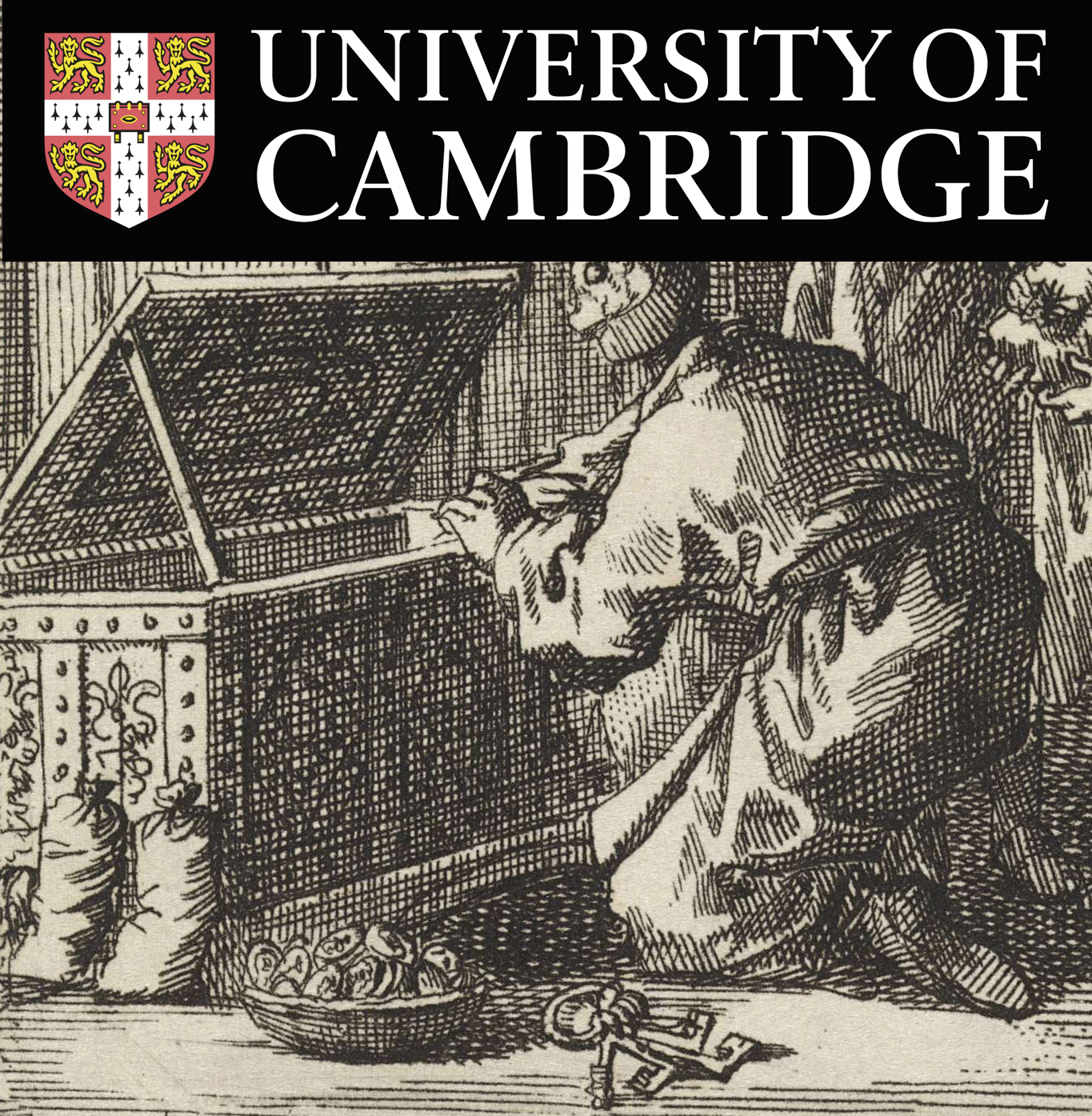Djoeke van Netten: ‘Collecting and Guarding Information just before and after the Establishment of the Dutch East India Company (1602)’
Duration: 18 mins 34 secs
Share this media item:
Embed this media item:
Embed this media item:
About this item

| Description: | Discussion of concealing and revealing, inclusion and exclusion in the history of information gathering of the Dutch East India Company. |
|---|
| Created: | 2016-04-09 00:26 |
|---|---|
| Collection: | Treasuries of Knowledge |
| Publisher: | University of Cambridge |
| Copyright: | Djoeke van Netten |
| Language: | eng (English) |
| Distribution: |
World
|
| Keywords: | East India Company; early modern; archive; information; Secrecy; |
| Explicit content: | No |
| Abstract: | The archives of the famous and quite successful Dutch United East India Company (VOC; 1602-1799), now stored in The Hague, comprise 1277 meters. In my paper I want to look at the very first steps, not just to establish the Company, but to secure the information needed for travel and trade in East-India. At first, in the 1590s, the Dutch had to circumvent Portuguese secrecy to pilfer knowledge on routes, places, people and products. Regarding the first Dutch fleets to the Indies, I will focus on instructions on how to gain, handle and hide new information on route and back in Europe, since these instructions – and the way they were not observed, and information was leaked – shaped the practices of secrecy of the VOC in later years.
These practices of secrecy form the core of my current research project, entitled Hide and leak. Secrecy and openness in overseas companies in the Dutch Golden Age. This is not just about what knowledge was kept secret, but more about how different people perceived secrecy and what they actually did and meant when they classified an instruction, a letter, a map, a resolution, a committee or a part of the archive as ‘secret’. From 1602 onwards the VOC as a chartered company had a monopoly of the Dutch government on the Dutch spice trade and tried to gain a monopoly on the production and export of nutmeg, mace, cloves and other spices in the Indonesian Archipelago. By focussing on official documents, letters and discussions on the organization of the Company in the first decades of its existence, I would like to show that trying to defend and obtain these monopolies was not just a matter of money and (military) power, but also of collecting, guarding and selectively sharing information |
|---|---|

